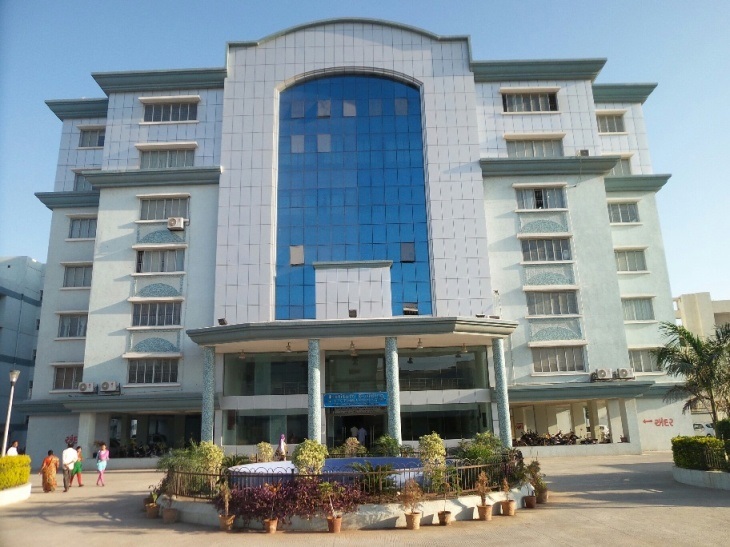
WHO Global Centre for Traditional Medicine
Catalysing ancient wisdom and modern science for the health of people and the planet
The WHO Global Centre for Traditional Medicine (GCTM) is a knowledge centre for traditional medicine. As part of WHO’s overall traditional medicine strategy, it has a strategic focus on evidence and learning, data and analytics, sustainability and equity, and innovation and technology to optimize the contribution of traditional medicine to global health and sustainable development. At the same time, respect for local heritages, resources and rights is a guiding principle.
Now being established with the support of the Government of India, the Centre reflects the WHO Director-General’s leadership vision that harnessing the potential of traditional medicine would be a game changer for health when founded on evidence, innovation and sustainability. The Prime Minister and Government of India are supporting the establishment of the WHO Global Centre for Traditional Medicine in Jamnagar, Gujarat, India, as a global good and in the spirit of Vasudhaiva Kudumbakam: the world is one family.
India’s investment

Events
Tweets
The full remarks by @DrTedros 👉 https://t.co/BclHLdgsn7 pic.twitter.com/w8pnRNQent
— World Health Organization (WHO) (@WHO) April 19, 2022
LIVE: Groundbreaking ceremony for the WHO Global Traditional Medicine Centre with @DrTedros and Prime Minister @narendramodi https://t.co/sJhLWhYUMo
— World Health Organization (WHO) (@WHO) April 19, 2022
The Centre will complement WHO’s work, globally. It will focus on evidence, data, sustainability & innovation to support national policies & optimise the use of traditional medicine for health and well-being: @DrTedros, DG @WHO at #GlobalAyushSummit.#GlobalTraditionalHealthcare pic.twitter.com/Oqi0MZCKca
— United Nations in India (@UNinIndia) April 20, 2022
The @WHO Global Centre for Traditional Medicine is a recognition of India's contribution and potential in this field. pic.twitter.com/ovGWmvS7vs
— PMO India (@PMOIndia) April 19, 2022
